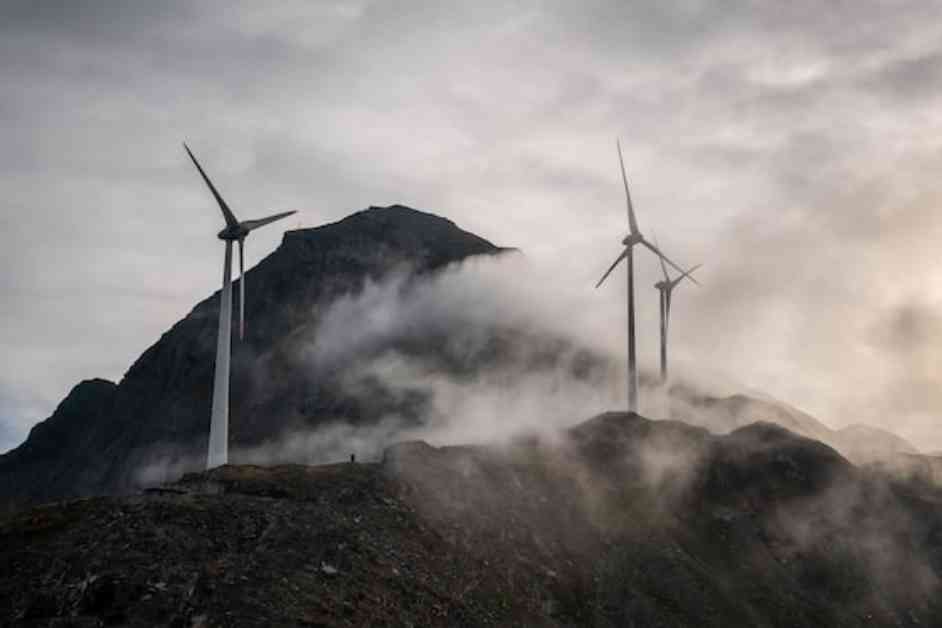The energy transition is a global shift that is happening slowly but will eventually come quickly. In Western countries, there is currently a trend of pausing renewable energy policies due to concerns about consumer affordability. However, this pause may not be beneficial in the long run, as developing countries are accelerating their energy transitions at a rapid pace.
Developing countries are embracing renewable energy technologies to save money and secure their energy supply. For example, China and India have been rapidly increasing their renewable energy capacity, reducing their reliance on imported fuel. This shift is driven by economic factors, as green energy has zero marginal utility once installed, unlike carbon-based energy sources.
The growth of global demand is expected to come from developing countries, which are growing at a faster rate than Western nations. As these countries adopt cheaper renewable energy sources, they gain a competitive advantage in labor costs due to cheaper energy. This shift could impact Western economies like Germany, whose manufacturing-intensive industries may become less competitive on the global market.
If Western countries choose to halt their decarbonization efforts, they risk being left behind as the rest of the world moves towards renewable energy. The cost of producing renewable energy has significantly decreased, making it more economically viable than carbon-based energy sources. Advances in battery technology are also addressing issues like intermittency, making renewable energy more reliable and efficient.
Politically, the transition to renewable energy is also gaining momentum. Despite political opposition, major corporate interests, including those in the oil industry, are investing in renewable energy due to its profitability. As more countries decarbonize, carbon-intensive nations will have less influence in international negotiations, further driving the global shift towards renewable energy.
In conclusion, the energy transition is a global phenomenon that is happening gradually but will accelerate rapidly in the near future. Western countries that choose to ignore this transition risk falling behind economically and politically. By embracing renewable energy technologies and adapting to the changing energy landscape, countries can secure a sustainable and competitive future in the global economy.
